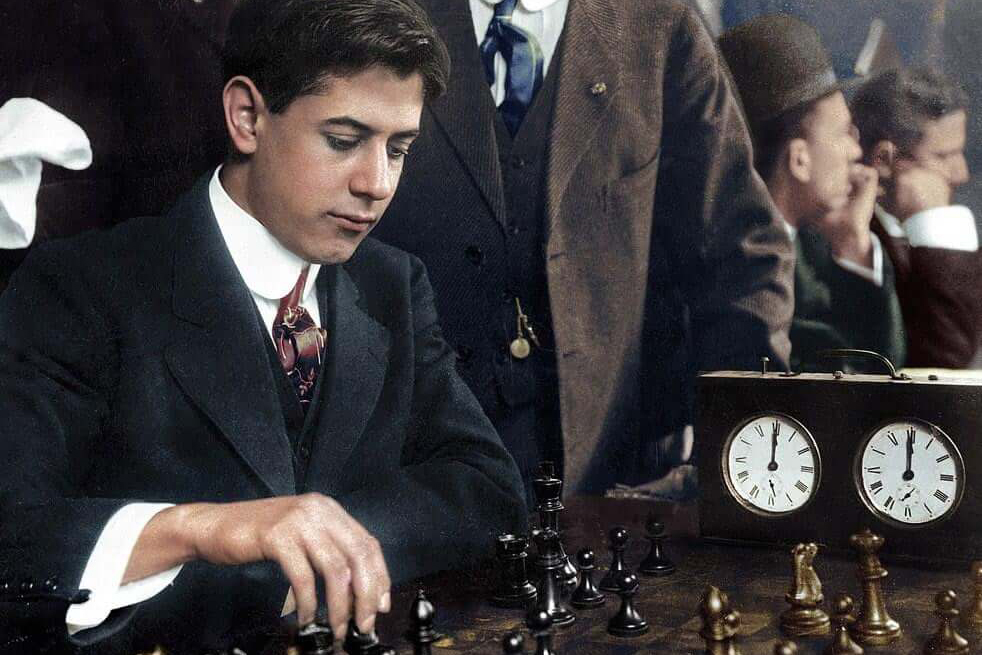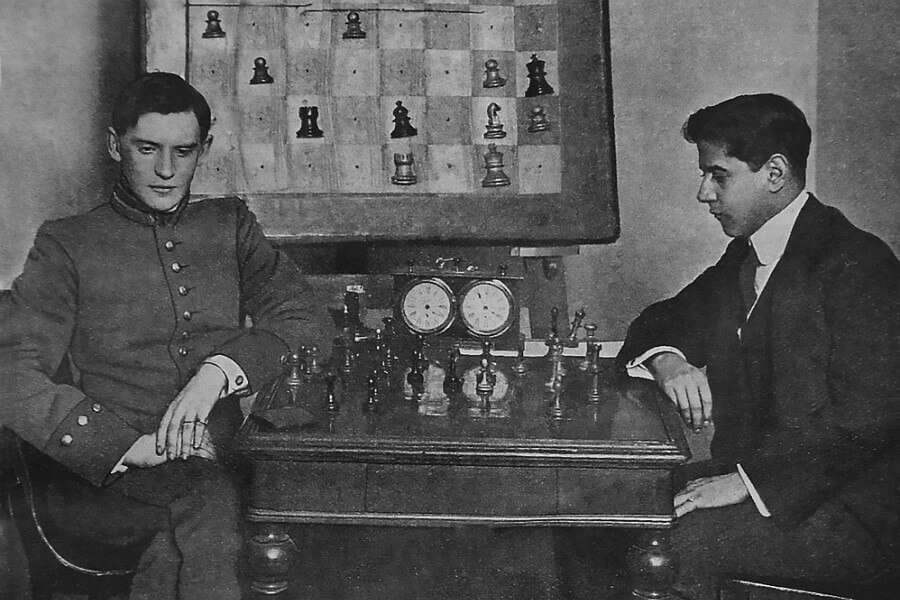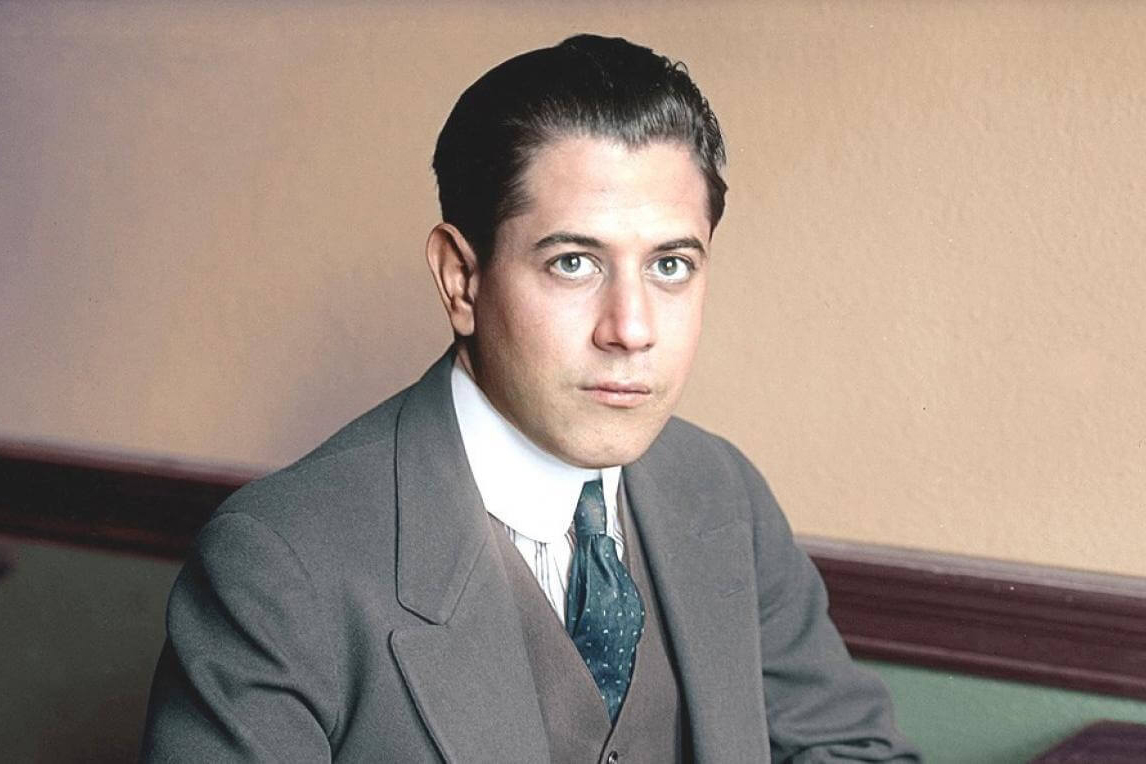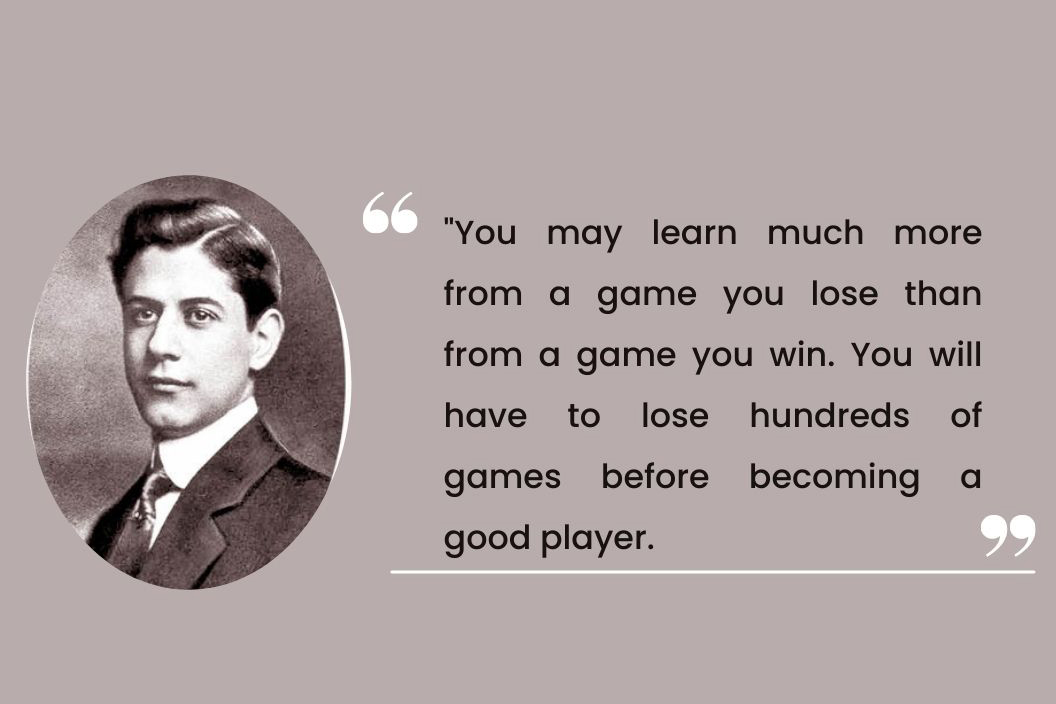No products in the cart.
Chess Players
Jose Raul Capablanca – Chess Champion Extraordinaire
Jose Raul Capablanca, a legendary chess champion, was known for his unparalleled brilliance on the chessboard. With strategic and tactical prowess, Capablanca made a lasting impact on the world of chess. In this comprehensive exploration of his achievements, playing style, and enduring legacy, you will uncover the secrets behind Capablanca’s extraordinary success. From his masterful games to his contributions to the chess community, Capablanca’s genius continues to be revered by chess enthusiasts worldwide. Discover why he is considered one of the greatest chess players of all time, and be inspired by his legacy as a chess champion extraordinaire.
Table of Contents
Early Life and Capablanca’s Early Chess Career
Jose Raul Capablanca was born on November 19, 1888, in Havana, Cuba. He came from a privileged background, as his father was a Spanish army officer and his mother was a member of a wealthy Cuban family. Capablanca learned to play chess at a young age by watching his father and quickly showed a natural aptitude for the game.
By the time Capablanca was 12 years old, he was already considered one of the strongest chess players in Cuba. In 1901, he won the Cuban Chess Championship, becoming the youngest Cuban champion in history. Capablanca’s early successes in local tournaments caught the attention of the international chess community, and he soon gained recognition as a rising star in the chess world. In 1904, Capablanca traveled to the United States to study engineering, but he also devoted a significant amount of time to playing chess. He quickly made a name for himself in the U.S. chess scene, defeating many of the top players of the time. In 1906, he won the U.S. Open Chess Championship, further cementing his reputation as a formidable chess player. Capablanca’s rise to prominence continued as he ventured to Europe to compete in international chess tournaments. In 1909, he participated in the prestigious Chess Tournament of San Sebastian, where he finished in third place, ahead of many established chess masters. This performance propelled Capablanca into the elite circle of world-class chess players.
Capablanca’s early chess career was characterized by his exceptional talent, natural ability, and aggressive playing style. He was known for his intuitive and effortless play, often outplaying his opponents with strategic precision and tactical brilliance. His rapid ascent to chess stardom during his early years marked the beginning of a remarkable career that would see him become one of the most dominant and influential chess players in history.
Chess Style and Playing Techniques of Capablanca
Jose Raul Capablanca was renowned for his unique and influential playing style, which set him apart from his contemporaries. He was known for his exceptional positional understanding, endgame mastery, and strategic brilliance on the chessboard.
Capablanca’s playing style was characterized by a harmonious and intuitive approach to the game. He had a deep understanding of the fundamental principles of chess, and his play was characterized by simplicity, elegance, and efficiency. He excelled in maneuvering his pieces to optimal squares, creating favorable pawn structures, and exploiting weaknesses in his opponent’s position. One of Capablanca’s greatest strengths was his endgame prowess. He had an uncanny ability to convert small advantages into winning endgame positions. His precise calculation, accurate judgment, and deep understanding of endgame principles allowed him to outplay his opponents in seemingly equal positions. Another notable aspect of Capablanca’s playing style was his ability to minimize risks and avoid unnecessary complications. He preferred to play solid and strategic chess, carefully assessing the risks and rewards of each move. He was known for his exceptional defensive skills and his ability to patiently defend difficult positions, waiting for his opponents to make mistakes.
Capablanca’s playing techniques were marked by his exceptional understanding of pawn structures, prophylactic thinking, and the use of his chess pieces in a harmonious and coordinated manner. He was a master of simplification, often exchanging pieces to simplify the position and create favorable endgames.
Achievements of Jose Raul Capablanca
Jose Raul Capablanca, widely regarded as one of the greatest chess players in history, had a long list of achievements throughout his illustrious career. Capablanca’s victory in the World Chess Championship in 1921 marked a significant milestone in his chess career. He defeated Emanuel Lasker, who had held the title for over 27 years, in a highly anticipated title match. Capablanca’s victory was seen as a groundbreaking moment, as he became the first chess player from a non-European country to win the prestigious title, breaking the European domination in the world of chess at that time. His tenure as the World Chess Champion, spanning almost a decade, left an indelible mark on the history of chess, and his exceptional skills and accomplishments continue to inspire chess players and enthusiasts to this day.
In addition to his world championship title, Capablanca also achieved remarkable success in his home country of Cuba. He won the Cuban Chess Championship multiple times, establishing himself as one of the strongest players in his country. Capablanca was known for his dominance in the Cuban chess scene and his exceptional performance in national championships.
Furthermore, Capablanca had numerous tournament victories throughout his career. He won prestigious tournaments such as the New York 1913 which is considered one of the strongest chess tournaments in history. Capablanca’s exceptional performance in this event, which included defeating the reigning World Chess Champion Emanuel Lasker, solidified his status as a top contender for the world title. He also emerged victorious in other renowned tournaments, such as the San Sebastian 1911 tournament and the Moscow 1925 tournament, among others. In these events, Capablanca often dominated the competition, showcasing his exceptional skills and strategic prowess on the chessboard.
Capablanca’s talents were not limited to traditional chess games. He was also renowned for his exceptional ability to play simultaneous exhibitions, where he would play against multiple opponents at the same time. Capablanca achieved remarkable success in these exhibitions, often winning the majority of his games and showcasing his exceptional multitasking and strategic skills.
Jose Raul Capablanca had an illustrious chess career and was widely recognized for his exceptional talent and numerous achievements. He achieved remarkable success both on and off the chessboard, earning numerous championships and accolades throughout his career.
Famous Quotes by Jose Raul Capablanca
Jose Raul Capablanca, known for his wit and wisdom, has left behind several famous quotes and sayings that showcase his deep understanding of chess and his unique perspective on the game. One of his notable quotes is, “Chess is a game of imagination, art, and science.” Capablanca recognized that chess is not just about moves on the board, but also involves creativity, strategy, and calculation. He saw chess as a blend of imagination, art, and science, which reflects the multifaceted nature of the game.
Another famous quote by Capablanca is, “You may learn much more from a game you lose than from a game you win.” Capablanca emphasized the importance of learning from failures and mistakes in chess. He believed that losing a game can provide valuable insights and opportunities for improvement, whereas winning may not always reveal areas for growth. This quote reflects Capablanca’s humility and his belief in the educational value of setbacks in the pursuit of chess mastery.
Capablanca’s quotes and sayings continue to be celebrated in the chess community, as they offer valuable insights and inspiration for aspiring chess players and enthusiasts alike. His deep understanding of the game, strategic thinking, and philosophical outlook on chess have earned him a lasting legacy as one of the all-time greats in the chess world.




